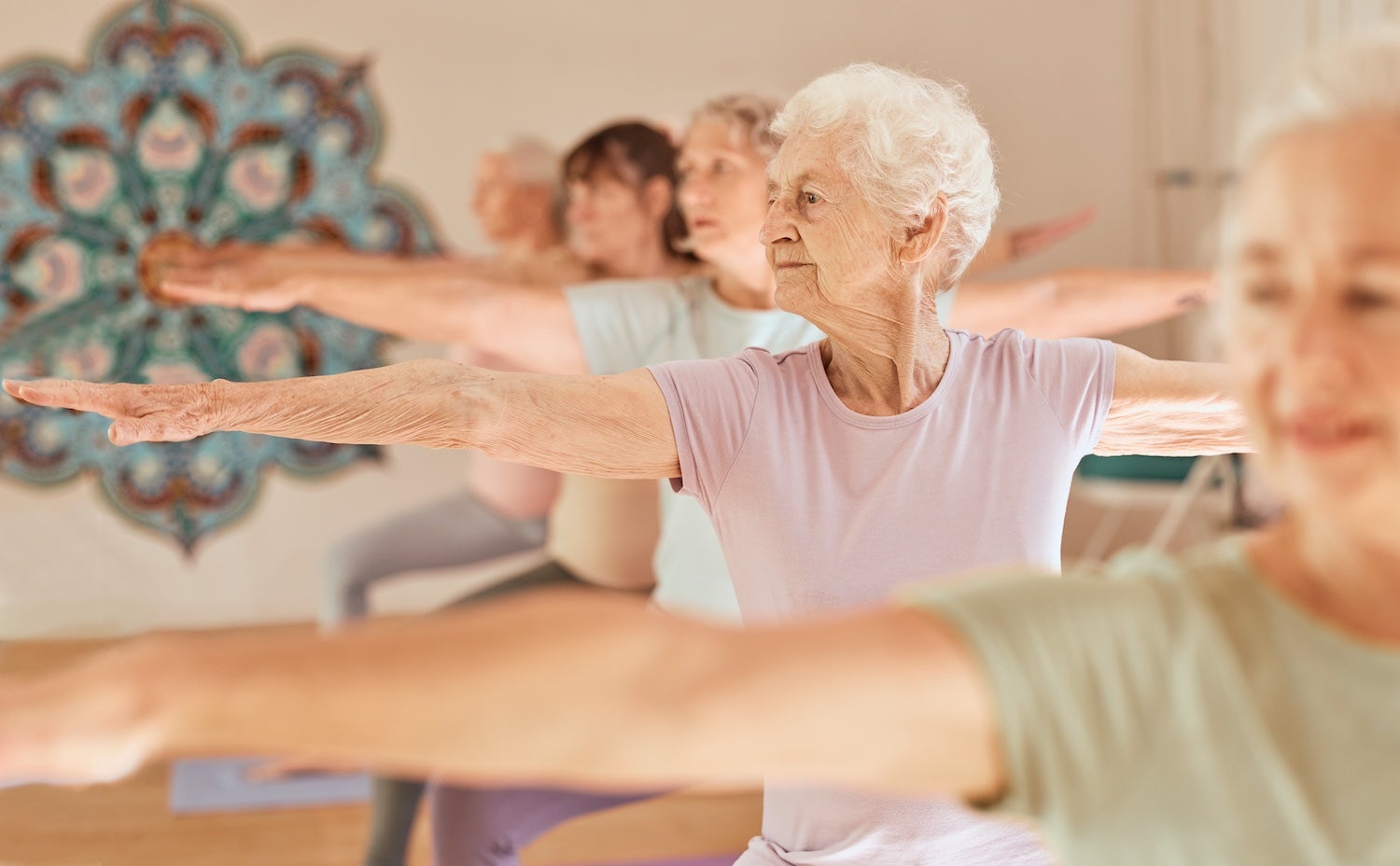
Introduction to Healthy Aging
The global population is aging at an unprecedented rate. But living longer often does not include a longer health span. Nutrition plays a vital role in promoting healthy aging, preventing malnutrition and supporting overall well-being in older individuals.
Overview
The global population is aging at an unprecedented rate. Until 2050, the proportion of the global population aged 60 years and over will nearly double, and those over 80 years even triple1. But longevity often does not entail a longer health span. Many of these people are likely to experience losses in their health with regards to a gradual decrease in physical and mental capacity, including developing multimorbidities2. This demographic shift presents both challenges and opportunities for healthcare systems worldwide.

Global Initiatives
Healthy aging is a multifaceted concept to support the maintenance of functional ability and well-being in older age. The World Health Organization (WHO) and the United Nations (UN) have recognized the importance of promoting healthy aging through the UN Decade of Healthy Aging (2021–2030)3. Effective management of healthy aging involves a comprehensive, multidisciplinary approach that addresses the physical, mental, and social aspects of health. The WHO's ICOPE framework provides a structured approach to delivering integrated care for older people, focusing on maintaining their intrinsic capacity and functional ability2.

Individual Management
As healthcare professionals, it is important to adopt a comprehensive, multidisciplinary approach to healthy aging management. Nutrition plays a vital role in promoting healthy aging, preventing malnutrition and supporting overall well-being in older individuals.
Muscle health is essential for maintaining balance, stability and overall mobility and therefore quality of life. However, almost a third of older adults do not meet the very basic protein intake recommendation of 0.8g/kg bodyweight (BW)/day4. Aside an increased anabolic resistance in age, also inadequate nutrient intake due to other circumstances, for example a lack of appetite, social environment (e.g. loneliness, lack of mobility), dental problems etc., plays a role.
Expert groups5,6 recommend a generally higher quality intake for healthy adults over 65 years at least in the range of 1.0 to 1.2 g/kg BW/day and even greater increases in disease situations up to 2.0 g/kg BW/day.
Additional tailored exercise programs and physical activity are key in optimizing functional capacity during ageing7.

Conclusion
The journey towards healthy aging requires a multidisciplinary approach, continuous education, and a commitment to person-centered care. By integrating these principles into practice, we can make a meaningful impact on the well-being of older individuals and help them achieve their highest attainable standard of health. Let us work together to create a world where older adults can live healthy, fulfilling lives, and where the principles of healthy aging are embedded in every aspect of healthcare.
1. World Health Organization Factsheet “Ageing and Health”, 1st October 2024. https://www.who.int/news-room/fact-sheets/detail/ageing-and-health, accessed 12th November 2024
2. Integrated care for older people (ICOPE) implementation framework: guidance for systems and services. Geneva: World Health Organization; 2019. https://www.who.int/publications/i/item/9789241515993, accessed 12th November 2024
3. https://www.decadeofhealthyageing.org/ (accessed 12th November 2024)
4. Mendonça N et al. Low protein intake, physical activity, and physical function in European and North American community-dwelling older adults: a pooled analysis of four longitudinal aging cohorts. Am J Clin Nutr. 2021 Jul 1;114(1):29-41.
5. Bauer J et al. Evidence-based recommendations for optimal dietary protein intake in older people: a position paper from the PROT-AGE Study Group. J Am Med Dir Assoc. 2013;14(8):542-59.
6. Deutz NE et al. Protein intake and exercise for optimal muscle function with aging: recommendations from the ESPEN Expert Group. Clin Nutr. 2014;33(6):929-936.
7. Izquierdo M et al. International Exercise Recommendations in Older Adults (ICFSR): Expert Consensus Guidelines. J Nutr Health Aging. 2021;25(7):824-853.

